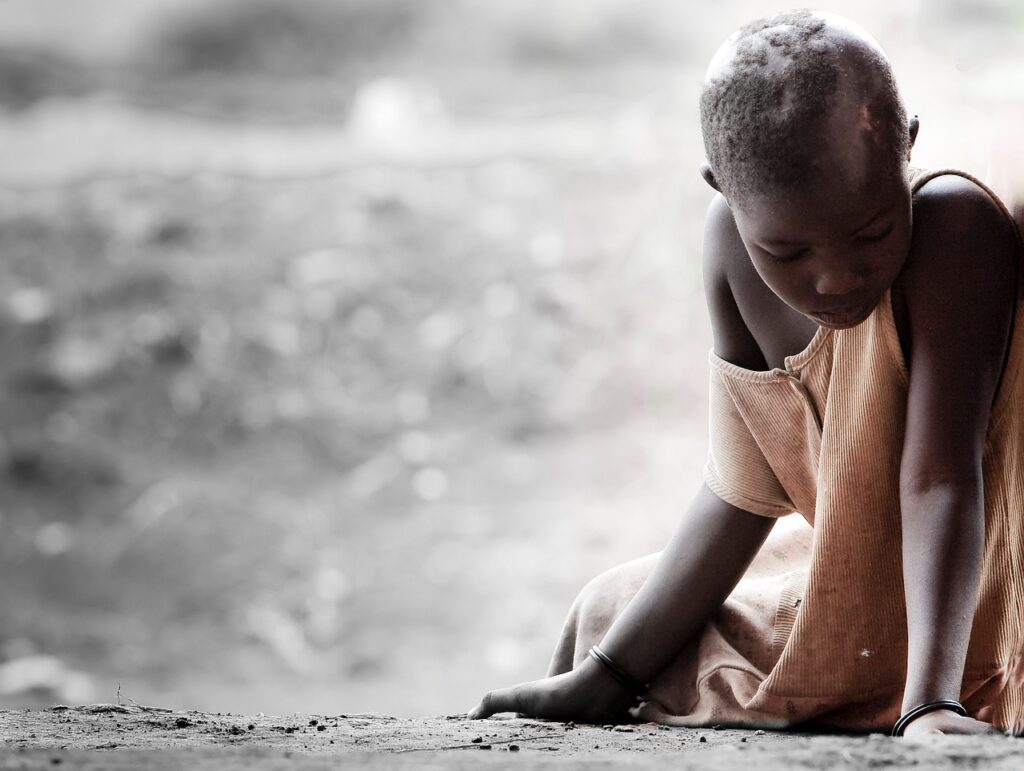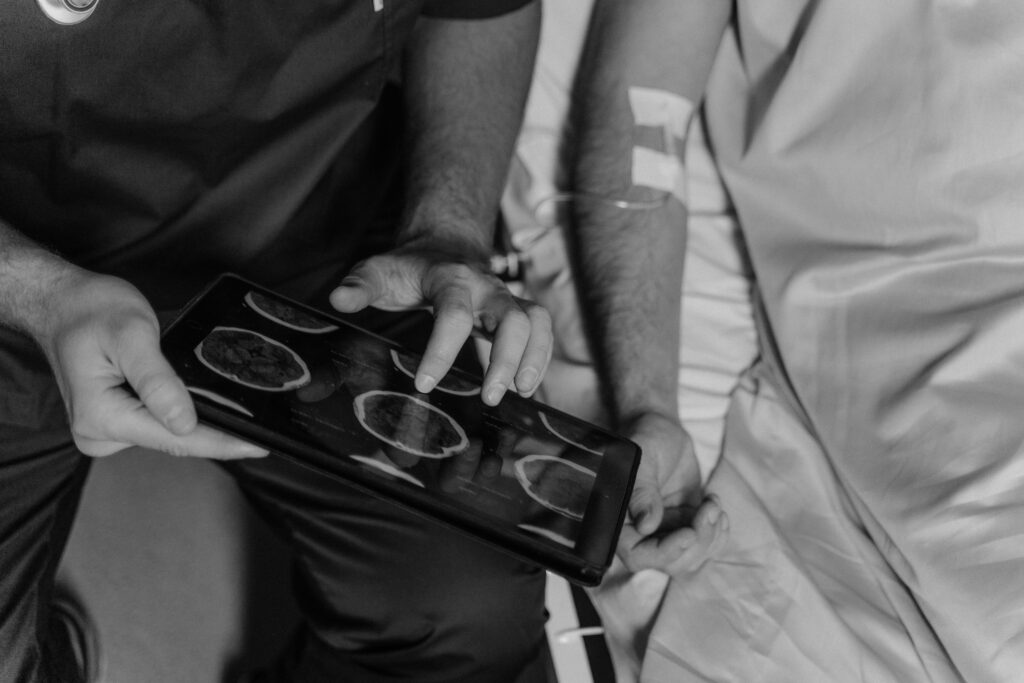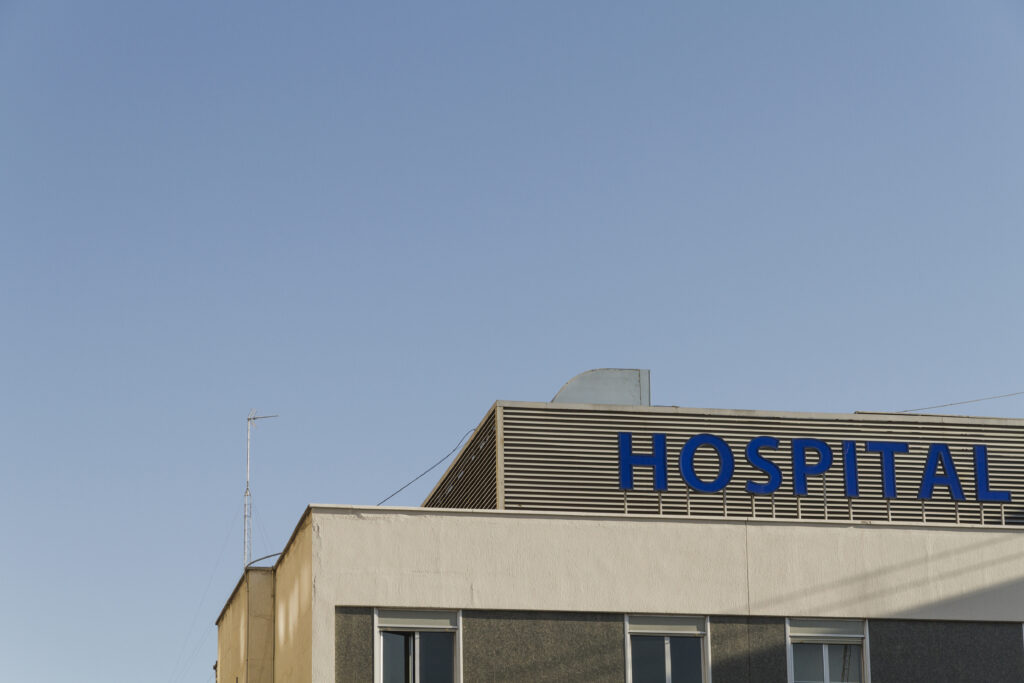In our everyday lives, there are moments when frustration may lead us to utter words like “damn”
or “crap.” But are these words truly intense enough to express the immense emotion of being ten
minutes late? Some don’t think so and opt for a word that cuts much deeper: “kanker.” (The
dutch word for cancer)
It’s a word I personally hear far too often. Weekly, sometimes even daily, people my age or even
younger use “kanker” as a curse word. I believe it’s high time to pause and share what this can
do to people.
A year ago, my younger brother received the relieving news that he had beaten lymphoma. Life is
slowly returning to normal for him; he looks healthy and is getting back on track. This is incredible
progress. Yet, I still recoil, feeling a knot inside when someone uses “kanker” unnecessarily in a
sentence. That word doesn’t belong there.
Interestingly, the Netherlands is one of the few countries where diseases are used as curse or
swear words. This seems to be a cultural phenomenon, as our neighbors in Belgium, who speak
almost the same language, rarely use diseases as curse words. And “kanker” is a curse word that
isn’t used in other languages.
What troubles me even more is hearing many international students using this dreadful word. Just
as they embark on a new chapter in their lives far from home, they apparently feel the need to fit
in or be seen as “cool” by using this word. Is it truly so important to be accepted in this way? Or
do we in the Netherlands simply not pay enough attention to these matters? I observe around me
that “kanker” is thrown around all too frequently, not just as a curse but also to describe
something as “amazing,” “wonderful,” or “delightful.”
When my brother had just completed his chemotherapy, we met new people during our summer
vacation at a hostel. We had a delightful evening filled with lovely conversations. All of us were
interrailing, which meant delays, overcrowded trains, and missed connections – highly frustrating,
of course. For them, it wasn’t just frustrating; it was “kanker frustrating.” This was one of the first
times I heard cancer used as a curse word after my brother’s diagnosis. It struck me, and my
brother and I stared at each other in silence.
Later, I asked him what he thought about people using the word cancer as a curse word. His
response broke my heart: “I let them talk; they don’t really know what they’re talking about.” He
was right; indeed, they don’t know what they’re talking about, and I hope they never will. No one
should experience such a disease. But it’s not right either. My sixteen-year-old brother, who was
on the brink of death just three months ago, now has to deal with people casually incorporating
“kanker” into their stories. Cancer patients and survivors don’t deserve a curse word; they
deserve a medal for their courage, hope, and strength.


